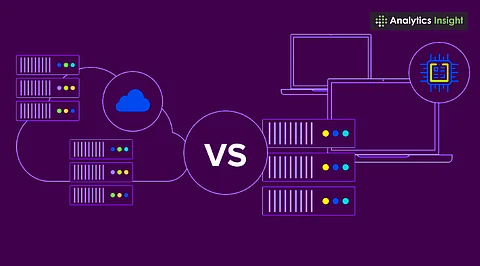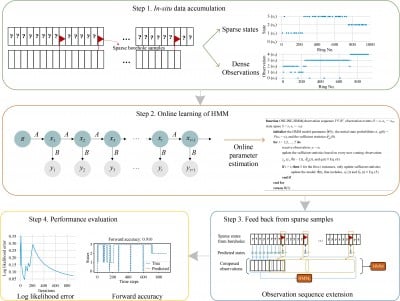The increasing integration of artificial intelligence (AI) in government operations poses significant risks to democratic trust, according to a recent study. While many nations are exploring AI’s potential to streamline processes such as tax collection and welfare applications, public enthusiasm remains low. A survey conducted by researchers at the Ludwig Maximilian University of Munich revealed a stark contrast between governmental optimism and citizen apprehension regarding AI deployment in public services.
Public Sentiment Towards AI in Governance
In a survey involving approximately 1,200 participants in the United Kingdom, respondents were presented with scenarios where tasks were either handled by humans or AI. These tasks included processing tax returns and assessing welfare applications. The study uniquely differentiated between groups informed solely about AI’s efficiency benefits and those who were also educated on the associated risks.
The findings were striking. Participants aware of the potential downsides of AI reported a significant decrease in their trust in government. For instance, when the government was depicted as increasingly reliant on AI for decision-making, the percentage of individuals feeling a loss of democratic control surged from 45 percent to over 81 percent. Furthermore, the demand for reduced AI involvement in government escalated drastically, jumping from under 20 percent to more than 65 percent when risks were highlighted.
The Stakes of AI in Government Services
The implications of these findings raise important questions about the future of democracy in the age of technology. According to Hannah Quay-de la Vallee from the Center for Democracy & Technology in Washington, D.C., while responsible AI use could foster citizen trust, current examples of AI implementation in government are limited and often problematic.
Quay-de la Vallee noted that numerous cases exist where automated systems have faltered, leading to dire consequences. For example, in the United States, automated public benefits systems have mistakenly accused tens of thousands of individuals of fraud, resulting in severe personal repercussions, including bankruptcy and loss of homes.
“Government mistakes have enormous, long-reaching impacts,” Quay-de la Vallee emphasized, highlighting the urgency for careful consideration of how AI is applied in public sectors.
While AI technology holds the promise of increased efficiency, the findings from this study underscore the need for transparency and accountability in its implementation. As governments navigate these complex challenges, it is crucial to prioritize citizen trust and democratic integrity over short-term gains.


































































